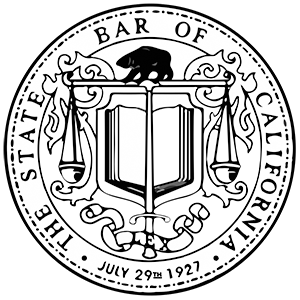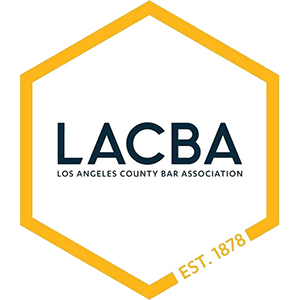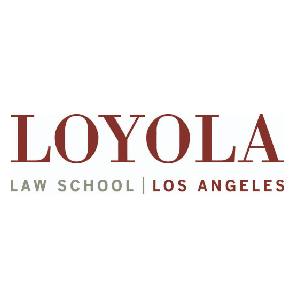The Court’s policy is for the parties, through counsel, to create a child custody and visitation plan that is in the best interests of the child while simultaneously promoting frequent and continuing contact with the child and each parent. The court considers: (1) who has been and will continue to be the primary caretaker of the child, (2) distance between the parents’ homes and child’s school, (3) the child’s school schedule and extracurricular activities, (4) the parent’s work schedule, (5) the child’s age, physical, and emotional needs. The court will also consider facts involving a parent’s use of illegal drugs, medicinal marijuana, habitual use of alcohol, or other risks or negative influences on the child.
Court Venue
Note that in the event a custody and visitation case involves parents living in separate counties within California, counsel will examine which county the child was born in, which county the child has resided in, and which county has a more significant connection to the child, in order to confirm that the correct county courthouse venue is selected.
Minor’s Counsel
The Court places a premium on parents placing the mental health of their child at the forefront. In high conflict or child custody cases involving alleged abuse, the Court will likely appoint an additional attorney “Minor’s Counsel” solely to represent the minor child, to separately interview the child and each parent, and to write a recommendation and orally testify to the Court. A child will have input concerning their visitation plans when they are at an age where they have the mental capacity to form and communicate an intelligent preference to Minor’s Counsel.
If the parties, through counsel, cannot agree on custody and visitation schedule, the parties will be required to attend a short court mediation session, followed by a custody and visitation court hearing where counsel will argue for the judge to approve a proposed custody order and visitation schedule.
Legal Custody
Legal Custody is when parents agree or the court orders for one (sole) or both (joint) parents the legal right to decide a child’s: school, child care, extracurricular activities, doctor, dentist, therapist, medical treatment, travel arrangements, legal decisions, and other welfare related decisions. Parents usually have joint legal custody unless one of the parents has a recent criminal, restraining order, abuse, neglect, and/or incapacity issue.
Physical Custody
Physical custody refers whether the child resides with the parents an equal amount of time (joint) or with one parent for the majority of the time (primary). Physical custody also includes restrictions on which third parties will not be allowed to contact or babysit the child. Similar to legal custody, parents may agree to or the court can order joint physical custody or primary physical custody. Even if one parent has primary physical custody, the other parent usually has a visitation schedule.
Visitation Schedule
Visitation refers to the schedule that parents have with their child. Even if a parent does not have custody of their child, they may have visitation. A visitation order may be fashioned to meet the practical schedules of the parents and children and may include: alternate weeks, alternate weekends, specific days of the week, specific weeknights, summer breaks, winter breaks, spring breaks, plus alternating holidays. The visitation schedule may be determined by the parties or if the parties through counsel cannot agree upon a schedule, the schedule may be set by the court.
In determining a visitation order, it is California’s public policy to foster frequent and continuing contact between both parents and the child. There are cases, however, when such an arrangement may not be appropriate. For example, contact with a parent may be limited when it is found by the Court that it is not in the child’s best interests, such as in circumstances of domestic violence, child abuse, sex abuse, and/or alcohol or substance abuse. Parental issues must be carefully analyzed to ensure the safety of a child.
Child Custody & Visitation Modification
Once a child custody & visitation order is set, the terms and conditions may be added to or changed as the needs of the child and parents change or if either parent is not following the order. A significant change in circumstances may require, in the best interest of the child, to modify the order. The modification can be prepared by counsel through an agreement signed by the parents, and filed with the court, or if an agreement cannot be negotiated, either parent can request the court modify the order.
Effect of Visitation Schedule on Child Support
A parent’s amount time spent with a child, known as timeshare, directly impacts the amount of child support paid to a parent. Therefore, it is important to have counsel to obtain the highest timeshare that you believe is in the child’s best interest.
Child Custody Lawyers in Los Angeles |Counts Law Firm
If you are going through a child custody dispute, do not hesitate to contact Counts Law Firm. Emahn Counts is an experienced Los Angeles family law attorney who has years of experience in handling all types of child custody matters. Emahn Counts gets to the heart of the issue, and works with clients to efficiently resolve them.
Call Counts Law Firm today at (626) 463-7300 or contact us online to schedule a free consultation with a family law attorney.







